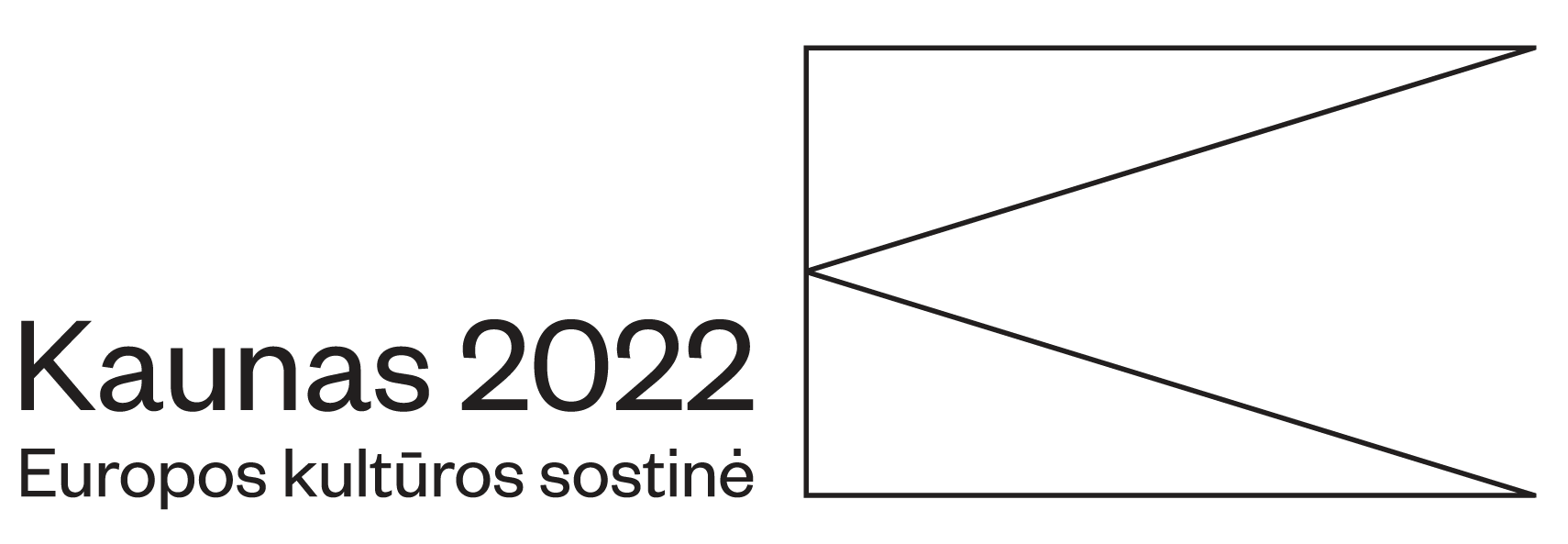Immie Jonkman, team member of ‘Leeuwarden-Friesland – European Capital of Culture 2018’, believes that this project can’t succeed without the support of local community. In the folowing interview, one of the speakers of the upcoming European Capital of Culture Forum in Kaunas shared her thoughts on positive activism in Leuwarden and province of Friesland,the aims of the project and the joyful atmosphere in this year’s European Capital of Culture. The city of Leeuwarden-Frieslandis now is going through very interesting time since it is The European Capital of Culture 2018. Being one of the ‘Leeuwarden-Friesland2018’ team members, could you tell as little more about the programme and its long-term goals?
Friesland is a special place – a little coastal province, which braves the winds and waves of the North Sea, and proudly speaks its own language. Things happen in a surprising way here, and 2018 is a proof of this. As European Capital of Culture 2018 Friesland and its capital, Leeuwarden, are putting their stamp on The Netherlands. They are being an example of how we can dream differently, act differently, and embrace difference to enrich our lives. An example of how to shape a better future not just for Friesland, but for The Netherlands, Europe, and beyond.
The programme in 2018 reflects the urgencies of an agricultural region, where city and countryside, native and new-comer must work together. The programme therefore offers surprising combinations: artists with bio-diversity, theatre with immigration, festivals as a lab for sustainable innovation. It’s not art for art’s sake, but art as the medium for change, the artist working within communities to shape a new environment. A rich banquet of a programme created by a grassroots movement, which in Friesland is called ‘iepen mienskip’ – an open sense of community – and the foundation stone of our programme. People shaping the future through the medium of a European capital of culture. Friesland came together to make this programme. Literally thousands of people. Quite a reinvention of the role that art and community can play in our world today.
The whole preparation process has started several years ago. What were the things that you payed special attention to, while preparing for the actual ECoC year? What challenges did you face during this period?
We started working in 2011 on the first bid and later on the second bid. In this process, we talked to a lot of people. Not only artists and people working in the creative sector, but we organized open lunches in which everyone was welcome to join in and talk with us about their hopes, their dreams of the future of our region. What do we need to change? What do we aim at for 2028? What kind of region and city should Friesland and Leeuwarden be in 2028? Based on this input we made our programme, as presented in the bid.
After we won the title in September 2013, we focused on realizing the programme, and including as many people as possible. Problem off course was, that in 2013 or 2014, the year 2018 was still far away. It’s difficult to get people enthusiastic about something that will happen in 3 years’ time. It just too far away to comprehend. And to be honest: being a Capital of Culture was kind of abstract for a lot of people back then. Also, the regional newspapers and broadcasting companies were not really positive about this project (‘costing a lot of money, vague promises’), something that also can be explained by the fact that we were still working on the programme, which was kind of invisible for a lot of people. You also have to take into consideration that some Frisians are careful and sometimes conservative people. With our wish to be Capital of Culture we wanted to change that. We are also really capable, creative and proud people, and it’s time to show that to world!
With time things changed: we talked to people with ideas, we organized meetings, we had speeches and explained our goals. Keep explaining, keep involving as many people as possible. And over the years we saw that more and more people joined in: with projects, as ambassadors (restaurants, hotels, shops) or volunteers.
In your presentation on European Capital of Culture Forum under a very intriguing tittle ‘How Leeuwarden-Friesland got tens of thousands of people involved is positive activism’ you’ll be sharing some experiences on getting people involved into cultural activities in Leeuwarden. Let’s not spoil the exact content of your speech, but talk about the very notion of positive activism instead. When, on your opinion, the activism becomes positive and what one can do to become a part of that?
As stated before: some Frisian people are kind of cautious: we do not really like to talk about ourselves or about what we are capable of doing. We prefer to show it and just do it. But that’s not how we going to make it to be a better world and region. We needed a change: (young) people are moving away because the cities are not attractive enough and the villages are losing services (shops, schools), less money for cultural activities, more rules and regulations for events, loss of biodiversity, no growth in cultural tourism. If we didn’t intervene Leeuwarden and the region of Friesland would become a grey and boring region. So, we needed people to stand up, be active, and make these changes. We need no longer trust that everything will be all right, we need to get active and make sure that we ourselves, with the rest of Europe, create a better future for our region and Europe. Get off that coach and stop moaning about things you don’t like, get active and make a change!
What is the current atmosphere in the city? How do the Leeuwarden-Friesland citizens feels about their city at this very specific moment?
We presented our programme in October 2017. From that moment on we noticed that the general public also became involved. At that time, some 30,000 people were already actively involved in a project or event. But after the program presentation you felt a buzz, ‘something is about to happen’-feeling, enthusiasm throughout the city and region.
After the official start of the year (end of January 2018), with a lot of international and national press attention, it only got bigger. Hotels are fully booked, ticket sale of events is very fast, many tourists in the city and region. Up until now this has created a very positive mood in Friesland and Leeuwarden. There is a clear positive buzz
Kaunas is starting to prepare for its ECoC year on 2018. What would be your advice to Kaunas for this period?
Be aware of the fact there is still a long time to go before 2022. It’s difficult to keep everyone motivated until the start of your Capital of Culture year. Next to that: be open and honest about everything. You have never done this before, do not pretend you know exactly what works and what doesn’t. Do not be afraid to admit making mistakes. And try to get as many people involved as possible, on all levels. Participating in projects, but also politicians, shop owners, institutions, etc. That will take a lot of time but having them as your ambassadors certainly helps. And do not forget the regular people: your neighbor or your mother. You need them to make your year a successful year. The only way to do that is to invest time in them: talks (speeches), meetings, trainings, etc., to explain the communal goals, listening to their input and make sure they can participate, in every possible way. It’s about the people of Kaunas and Lithuania, it’s not about you as an organization.

